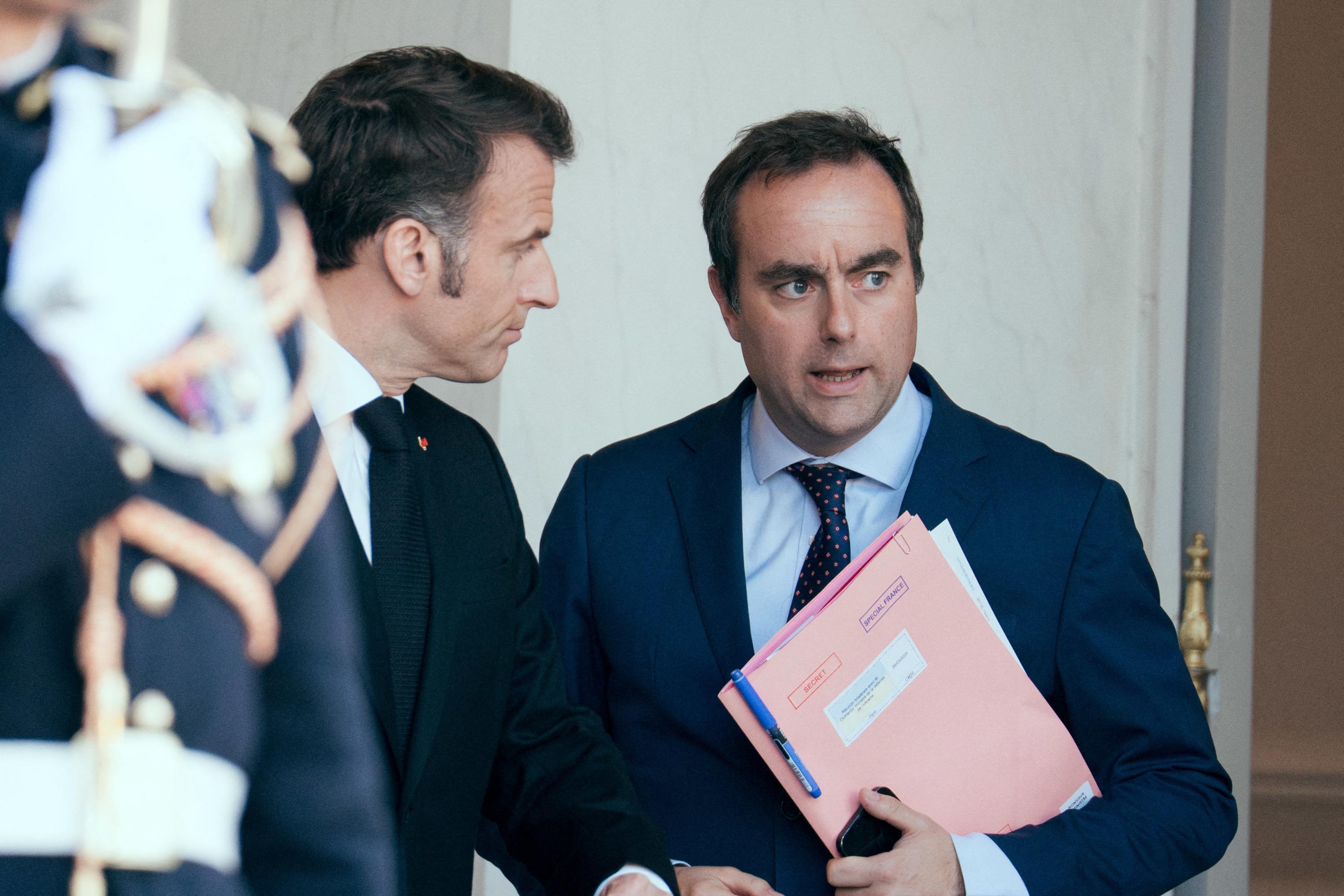Macron’s Pension Reform Concessions Amidst Government Crisis and Election Preparations
Emmanuel Macron’s pension reform concessions come amid mounting political tensions and preparations for possible legislative elections in France.
- • Macron set a 48-hour ultimatum leading to concessions on pension reforms by Prime Minister Lecornu.
- • Jordan Bardella of Rassemblement National warned of government censure if reforms fail.
- • Les Républicains’ leader Bruno Retailleau rejects cooperation with leftist or Macronist-led governments suspending reforms.
- • Political parties, including the Insoumis movement, are preparing extensively for anticipated legislative elections.
- • An editorial suggests Macron’s reluctance to dissolve the government may foreshadow his resignation.
Key details
French President Emmanuel Macron has made concessions on pension reforms in an attempt to stave off a government dissolution, but political tensions remain high. Prime Minister Sébastien Lecornu recently concluded negotiations following a 48-hour ultimatum from Macron, addressing key issues such as the pension reform and the national budget. However, Jordan Bardella, president of the Rassemblement National (RN), criticized the composition of Lecornu’s government and warned of potential motions of censure, emphasizing the stark choice as "It's rupture or censure." Meanwhile, Bruno Retailleau, leader of the Les Républicains party, refused any collaboration with a government led by a leftist or 'Macronist' Prime Minister, particularly opposing any suspension of the pension reform.
Amid this fraught political atmosphere, parties across the spectrum are preparing for the possibility of new legislative elections. The Insoumis movement, linked to Jean-Luc Mélenchon, has nearly completed candidate selections for over 500 constituencies, reflecting widespread anticipation of a National Assembly dissolution. The complex situation has accelerated election preparations for all 577 constituencies across France, signaling an inextricable political deadlock.
Adding further scrutiny, an editorial by Vincent Trémolet de Villers highlighted public disillusionment with Macron’s handling of the crisis, suggesting that the President’s reluctance to dissolve the government might lead to his own resignation. The editorial conveys a deep concern among the French populace who now feel shame rather than humor or indifference towards their political representatives.
This ongoing crisis reveals a tense crossroads for France’s political future, with government stability in question and parties mobilizing for potential electoral upheaval. The coming days will be critical in determining whether Macron can maintain governance or if new elections will reshape the political landscape.
This article was translated and synthesized from French sources, providing English-speaking readers with local perspectives.
Source articles (5)
Source comparison
Latest news
Pau's Local Election Campaign Gathers Momentum Amid Broader Political and Economic Concerns
French Companies and Regions Accelerate Efforts in Nature-Related Economic Transition
France Heightens Military Readiness Amid Iran Conflict, Pledges Defense Support to Gulf States
Jean-Luc Mélenchon Faces Accusations of Antisemitism Over Joke on Raphaël Glucksmann's Name
Tensions and New Faces Mark the 2026 French Municipal Elections
France Bolsters Military Presence in Gulf Following Iranian Drone Attacks
The top news stories in France
Delivered straight to your inbox each morning.


